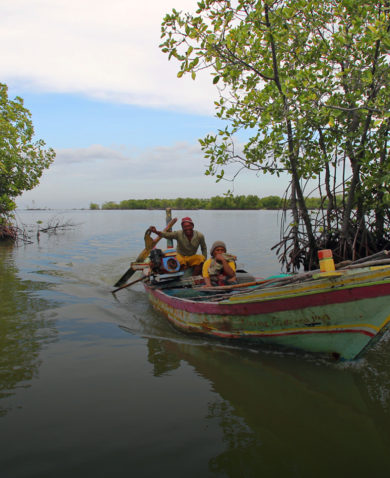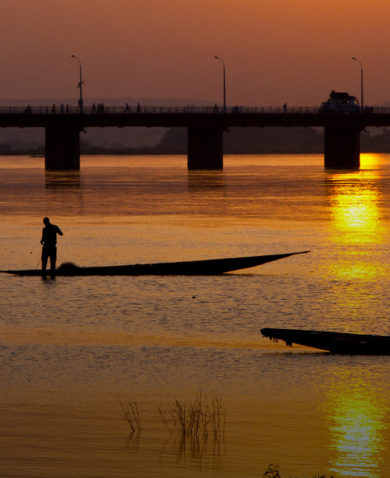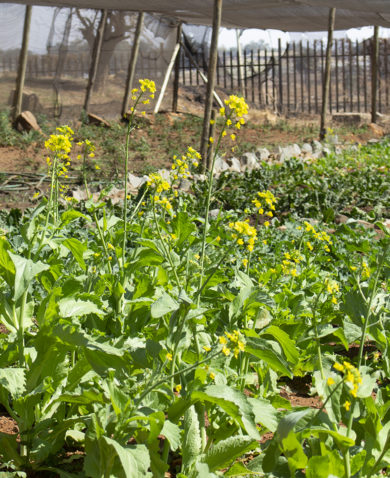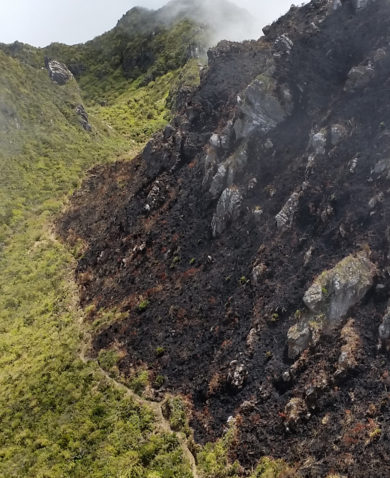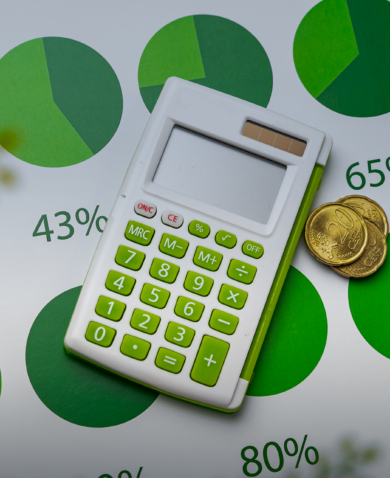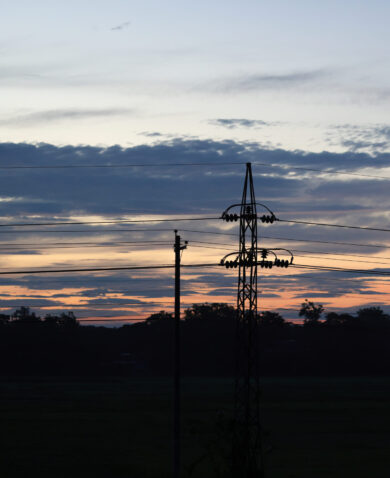
The Challenge of Measuring Climate Change Adaptation
December 15, 2015 | 3 Minute ReadMeasuring how well the world is adapting to the effects of climate change is no easy task. Peggy Ochandarena explores some key challenges and ways forward.
Although the causes of climate change and the roles various nations must play in fighting it have been hotly debated, data provide solid evidence that our planet is facing significant climate challenges that impact our livelihoods, our well-being, and even our very lives. Addressing climate change requires a two-fold strategy: mitigation to deal with carbon emissions and adaption to deal with the effects of a changing climate.
The world has made good progress with common measurements of climate change mitigation, such as carbon dioxide reductions and carbon sequestration increases. However, the task of measuring how well we are adapting to the effects of a changing climate has proved far thornier. In the end, risks, susceptibilities, and solutions are specific to particular contexts, and this makes the task more difficult.
Key Challenges in Measuring Adaptation
- Difficulty defining success. Stakeholders and technical experts around the world often have divergent opinions about how to define success in adaptation. Their values and perspectives are engrained in context- and sector-specific responses.
- Lack universal indicators. Because adaptation occurs at national and local levels, finding appropriate, universal indicators that are meaningful to all cultures and contexts is very difficult. For example, “quality of life” can mean different things even within one society, and much more so across diverse cultures.
- Interconnected systems. Measuring adaptation involves untangling complex, interconnected systems, where definitions and values can change in relation to other elements, strategies, and actors. Development actors have begun to confront the challenge of measuring system-wide changes, but this is nascent.
- Complex concepts. Application of complex scientific methods and data for climate change measurement in data-poor environments with limited histories of collecting and using data can overwhelm developing country counterparts, where internationally generated information can quickly outpace the absorption rate. For example, NASA’s world-class science and data from more than 20 satellites offers the latest in climate change science and technology but developing countries’ decision makers must be able to access and choose to use that information in their analysis, policy, planning, management, and communications. Climate data and services must be relevant to users.
Borrowing Lessons Learned from Other Sectors
The avenues forward can, in part, be borrowed from monitoring, evaluation, and learning in other sectors, where the global development community has dealt with similar challenges.
- Simplify whenever possible. As we work to mainstream measurement of climate change and data use into national development planning, the concepts and terminology behind advanced science and the data it provides must be translated into simpler language, with practical application for policy makers and planners. This can reduce the problem of overwhelming developing country counterparts.
- Apply data widely. Partnering with multiple government agencies responsible for planning and delivering social and economic services related to adaptation is important. By getting their perspectives and focusing on data that is of practical use to more than one agency, we can move toward more universal indicators.
- Promote a systems perspective. Given the need to measure system-wide changes, we can ensure that host-country counterparts understand the systems perspective and help them with the process of linking climate change adaptation to other measures of development, such as health outcomes. A system’s measurement attends to relationships (dynamic interconnections among parts), perspectives (how each actor views and values those relationships), and boundaries (what is inside or outside the system).
The search for universal adaptation indicators and data can drive us forward but must be balanced at the present with indicators that reflect the realities of particular circumstances, while new climate change frameworks with their indicators are piloted and adjusted. While we have not yet conquered adaptation measurement, too much is at stake to dismiss efforts because of the complexity and challenges.


